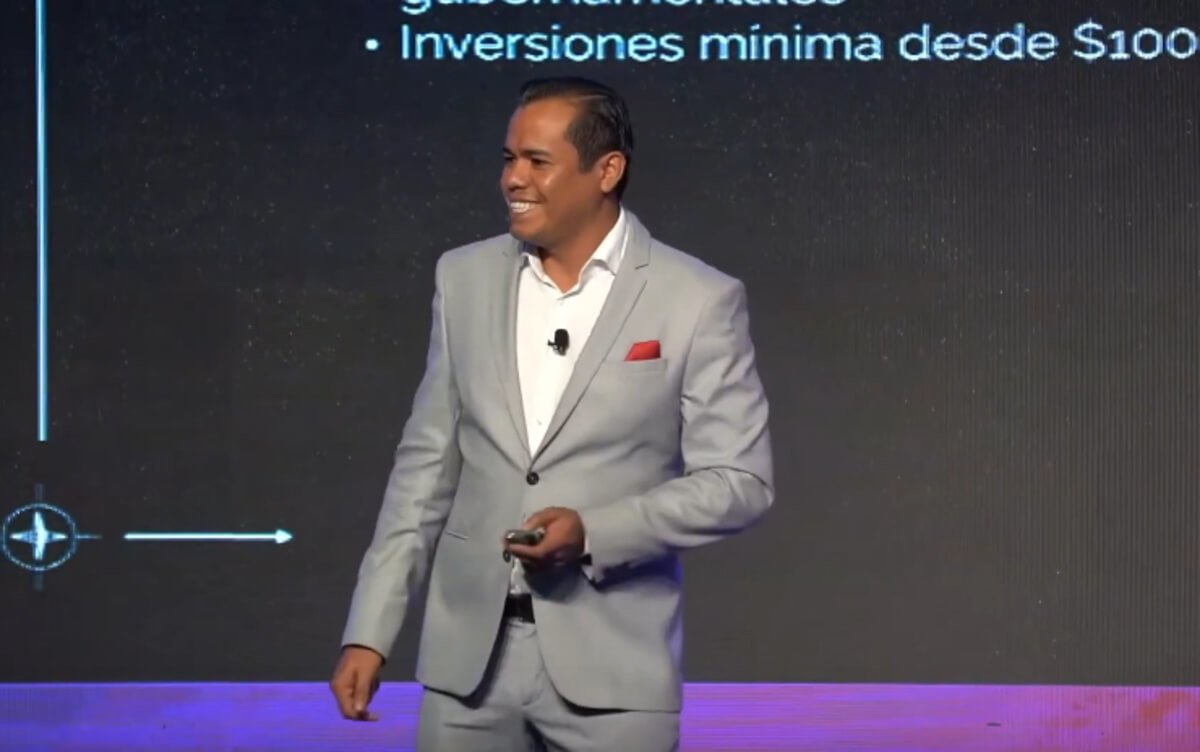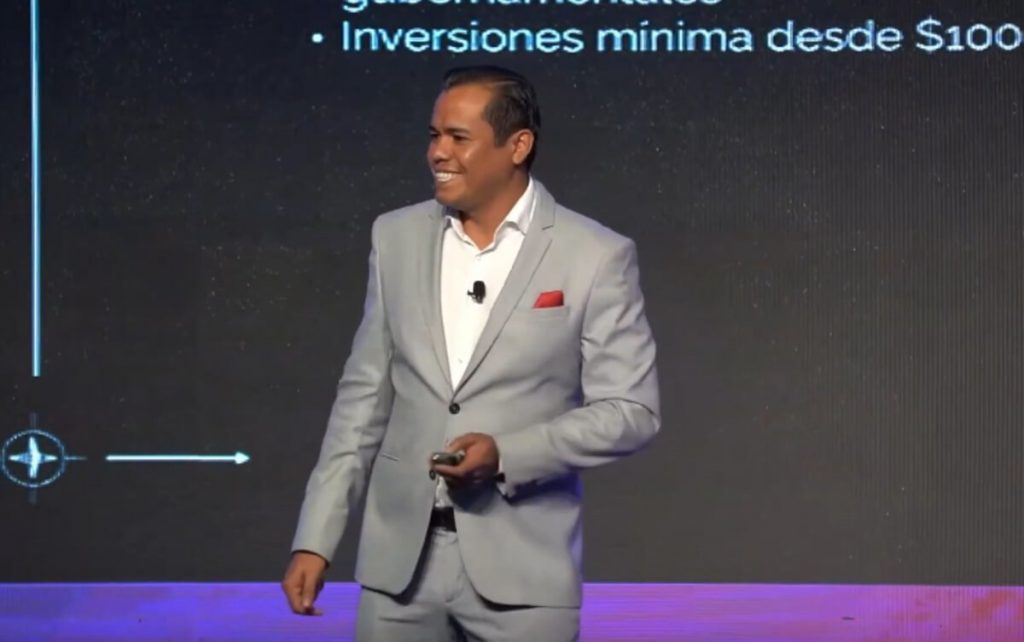

El Salvador’s finance minister says he is unworried by international markets forecasters’ predictions that the country will default on USD 800 million bond payments early next year.
ElSalvador.com, the website of the newspaper El Diario de Hoy, quoted minister Alejandro Zelaya as stating that doors were “open” at “multilateral organizations” that could provide El Salvador with “financing options.”
Zelaya claimed that the World Bank had “just approved” the country “a loan of USD 100 million,” while the Central American Bank for Economic Integration had also signed off on a loan of USD 220 million. He admitted, however, that a loan deal with the Development Bank of Latin America (CAF) was still being finalized.
But, he added, the nation could seek other means to ensure that it did not default. He explained:
“I can go to the regional debt market or I can issue a three-year local bond in Central America. The truth is, USD 800 million in a [national] budget of USD 7,000 million is a marginal amount. It is small.”
And Zelaya insisted that the Salvadoran government had no intention of defaulting, adding:
“[The USD 800 million bill] is not unpayable. It does not cause us any concern.”
Regardless, international observers claim that El Salvador remains in hot water. La Prensa Gráfica reported that country risk indicators “shot up” this week “to levels never seen before” in the nation’s history.
The bonds in question lost up to 20% of their value in a single day midweek. “Markets,” the newspaper wrote, “do not trust that the country can meet its future financial obligations.”
JPMorgan analysts argued that the level of El Salvador’s likelihood to default on its payment obligations is the second-highest in the Latin America region, behind only Venezuela. Bloomberg economists also identified El Salvador as one of five global economies that are the “most vulnerable to a default” in the near future, the newspaper noted.
The same newspaper quoted the economist Ricardo Castaneda, of the Central American Institute of Fiscal Studies (ICEFI), as explaining that markets are most worried about “the lack of clarity about the measures that the government is taking” to pay off its debt.
He added that this had been compounded by poor-performing economic indicators, including low GDP growth, a slowdown in the receipt of remittances from abroad, and high inflation.
Castaneda opined that “political noise” about the possibility of presidential re-election was also a factor. President Nayib Bukele’s term ends in 2024. But he looks set to seek re-election after a constitutional court last year changed the law to allow presidents to serve more than one term. Opponents have questioned the legality of this decision, claiming that the constitutional court has been filled with Bukele-supporting judges.
However, popular support for Bukele remains high, even though his presidency, Castaneda suggested, generates “uncertainty” and a “lack of confidence” in the bonds markets.
Bukele has responded with defiance, however, suggesting that his bitcoin (BTC) adoption plans will help bolster the economy.
He recently took to Twitter, his preferred medium of communication, to complain about a New York Times article entitled “El Salvador’s Big Bet on Bitcoin Isn’t Paying off.”
He mused:
“Since when [has] the New York Times devoted so much time and space to El Salvador’s economic initiatives? It’s clear they’re afraid [that] bitcoin is inevitable. By the way, they say we’re heading to default. Will they publish an apology once we pay everything on time?”
And Bukele certainly has some notable international backers in his quest to turn El Salvador into a global BTC hub.
Meanwhile, as reported yesterday, the crypto exchange Bitfinex announced that it will donate BTC 36 and USD 600,000 worth of tether (USDT) to help small businesses and communities in the country. The exchange said the funds were set to be distributed in areas that have been affected by gang-related crime.
____
